The past week has been a whirlwind for U.S. gamers, starting with the much-anticipated full reveal of the Nintendo Switch 2, complete with its impressive lineup of games. However, the excitement quickly turned to concern when the system's $450 price tag was announced, along with an $80 price for Mario Kart Tour. The roller coaster of emotions continued as Nintendo decided to delay pre-orders, citing the need to evaluate the impact of the sweeping tariffs recently imposed by the Trump Administration on numerous countries.
We've explored the reasons behind the Nintendo Switch 2's high cost and the potential effects of these new tariffs on the gaming industry elsewhere. But the burning question on everyone's mind now is: what will Nintendo do next? Will the Nintendo Switch 2 become even more expensive when pre-orders finally open?
Typically, when facing such uncertainties in the video game world, I consult a panel of expert industry analysts. While they can't predict the future with certainty, their consensus, backed by data and evidence, usually provides a reliable outlook. I've already done this twice this week, but this time, something unprecedented happened: every analyst I spoke with was stumped. They offered guesses about whether Nintendo would raise the price or not, but all emphasized the chaotic nature of the current situation. This level of unpredictability is something they've never encountered before, making it impossible to forecast the actions of Nintendo, the Trump Administration, or any other stakeholders in the near or distant future.
With this remarkable disclaimer in mind, here's a summary of the insights I gathered from the analysts:
Sky-High Switch
The analysts were split in their predictions. Dr. Serkan Toto, CEO of Kantan Games, initially thought it was too late for Nintendo to adjust prices after the announcement, but the delay in pre-orders changed his perspective. He now believes Nintendo might have no choice but to increase prices for the system, games, and accessories due to the high tariffs. "It is very difficult to predict, but Nintendo will likely take a few days to run simulations and then announce hikes, not only for the system itself but also games and accessories," he said. "I hope I am wrong but if sustained, these sky-high tariffs leave them no choice. Would you be surprised now to see Switch 2 hit US$500 for the base model? I wouldn't."
Dr. Toto also questioned Nintendo's timing: "Why on earth did Nintendo not wait for the US to fix their tariffs first and then decide on pricing during a Direct a few days later? This made no sense."
Mat Piscatella, senior analyst at Circana, also leaned towards a price increase, though he stressed the unpredictability of the situation. He noted that the tariffs were much higher than anticipated, forcing businesses reliant on international supply chains to reassess their pricing strategies. "Every reasonable and responsible business that relies on international supply chains will be reevaluating its US consumer pricing at this point. They have to," he said. Piscatella also highlighted that the US might join regions with historically higher game prices due to these tariffs.
Manu Rosier, director of market analysis at Newzoo, predicted an increase in hardware prices but suggested that software prices might be less affected due to the dominance of digital distribution. "While physical versions might be subject to tariffs, the growing dominance and lower cost of digital distribution would likely limit any broader effect," he said. However, he noted that a significant tariff increase on hardware could lead to higher retail prices for consumers.
Holding the Line
On the other hand, Joost van Dreunen, NYU Stern professor and author of SuperJoost Playlist, believed that Nintendo would try to maintain the announced price of $449.99. He suggested that the company had already factored in the volatility from the Trump tariffs when setting the initial price. "I believe the volatility from the Trump tariffs was already considered in the Switch 2's $449.99 pricing," he said. "Given the first Trump administration's impact, Nintendo, like other manufacturers, has since restructured its supply chain to mitigate such geopolitical risks."
Van Dreunen acknowledged the possibility of a price increase but emphasized Nintendo's efforts to absorb or offset additional costs. "While I expect Nintendo will strive to maintain the $449.99 price point, the external economic pressures may eventually force a reassessment if the trade landscape deteriorates further," he added.
Piers Harding-Rolls, games researcher at Ampere Analysis, agreed, warning of potential consumer backlash if Nintendo raises prices further. "The extent of the tariffs and its impact on Vietnamese exports are really bad news for Nintendo," he said. "The company is now in between a rock and a hard place, having already announced the launch price." Harding-Rolls suggested that Nintendo might wait until 2026 to adjust prices if the tariffs persist, hoping for a resolution in the meantime. "Nintendo will not want to change the price having announced it, but I think everything is on the table now," he concluded.
Living in Unhinged Times
Rhys Elliott, games analyst at Alinea Analytics, predicted higher prices for both Nintendo hardware and software due to the tariffs. He referenced his previous comments on Nintendo's strategy of offering cheaper digital editions in certain markets to encourage digital purchases. "It seems the lower prices in other markets were to nudge Switch 2 buyers to digital, as I mentioned my comments to IGN about Mario Kart World’s pricing," he said. Elliott also painted a grim picture of the broader impact of the tariffs on the gaming industry, aligning with warnings from the Entertainment Software Association.
Elliott noted that some manufacturers, including Nintendo, have been shifting production to non-tariff-impacted markets, but the unpredictability of future tariffs complicates this strategy. "We are living in...there’s no other word for it...unhinged times driven by an unhinged man (and other forces)," he said. He criticized the tariffs for increasing costs for consumers during a cost-of-living crisis and argued that they contradict core economic principles of international trade.
Nintendo Switch 2 System and Accessories Gallery
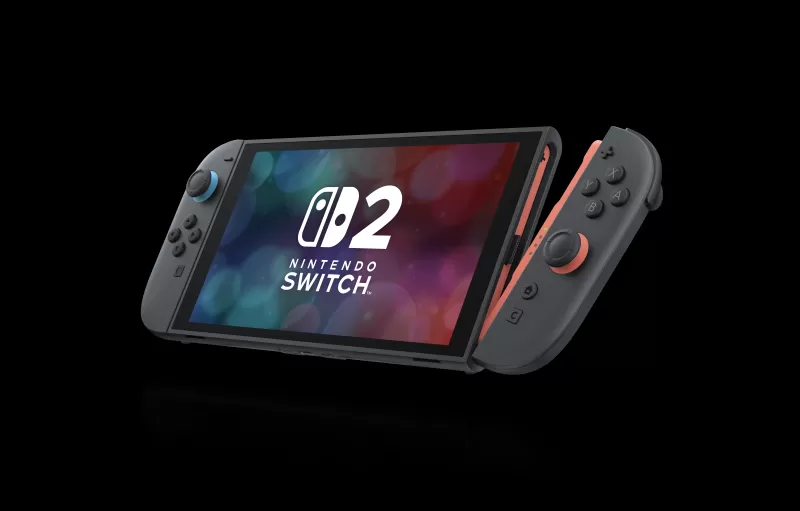
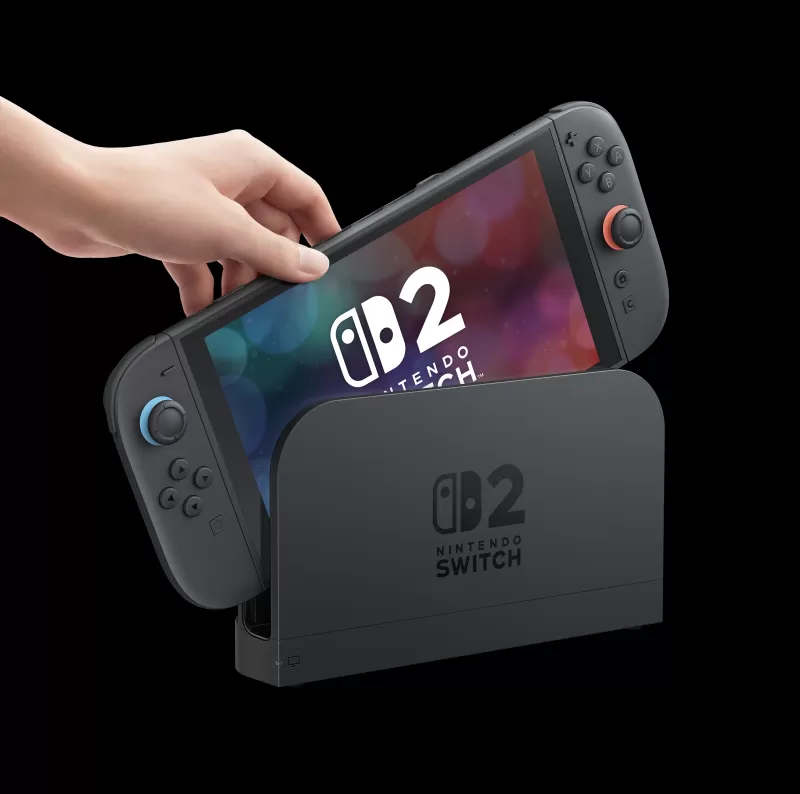 91 Images
91 Images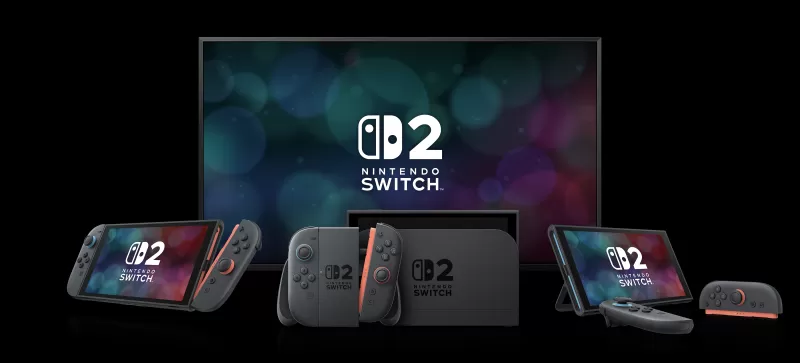
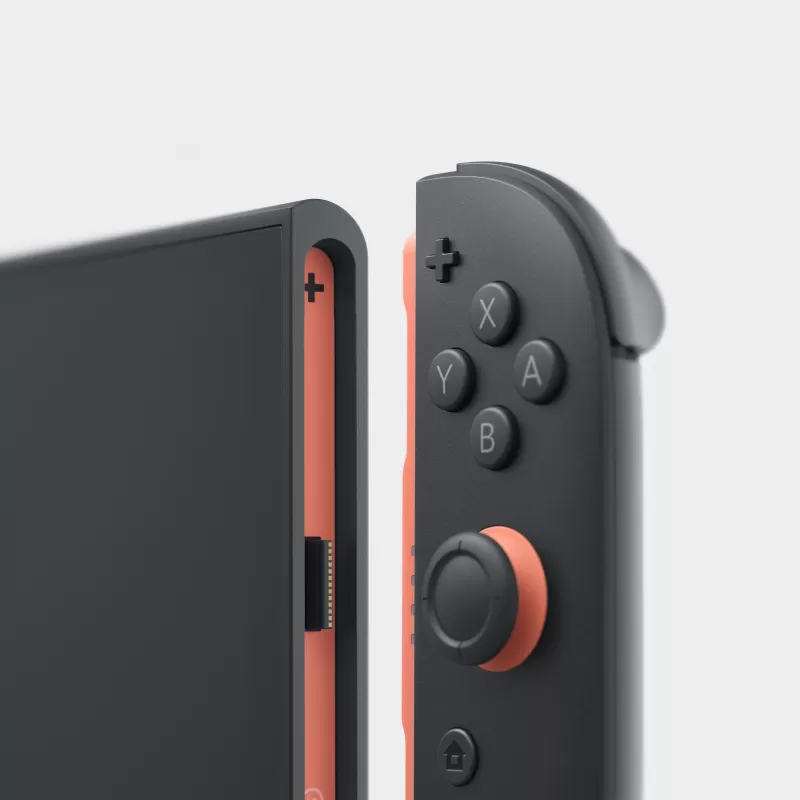
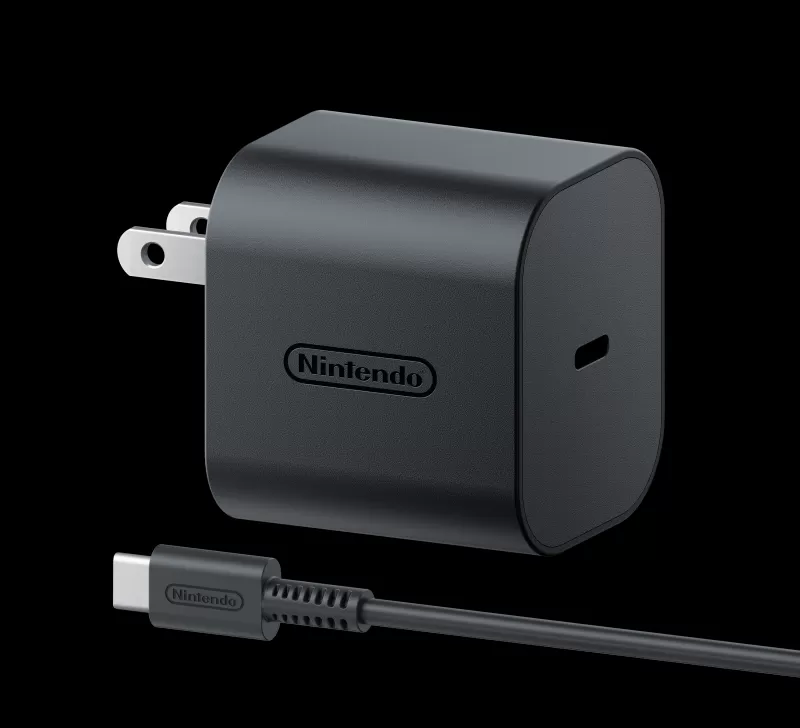
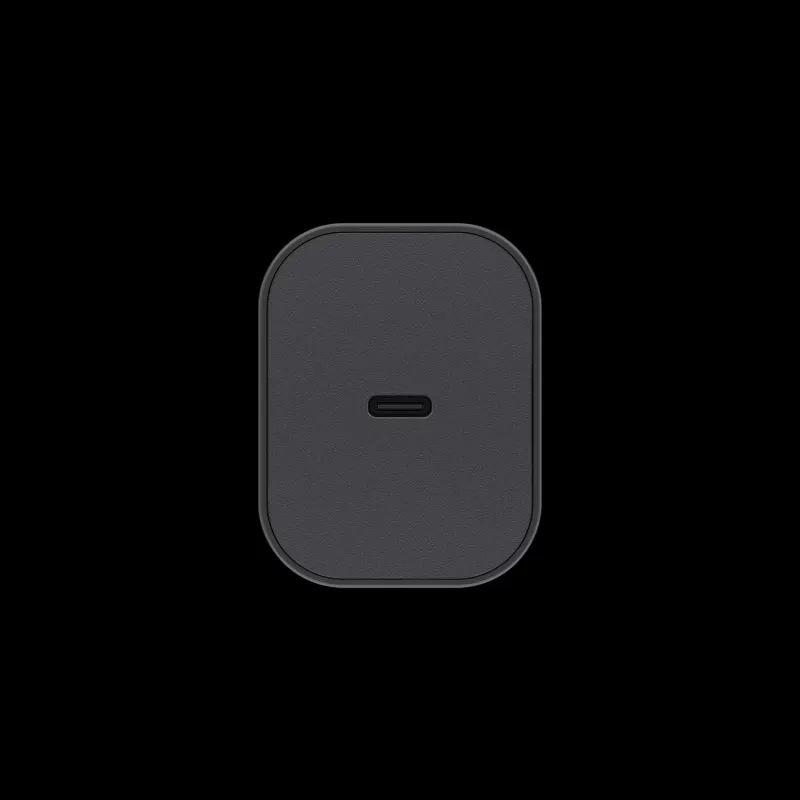

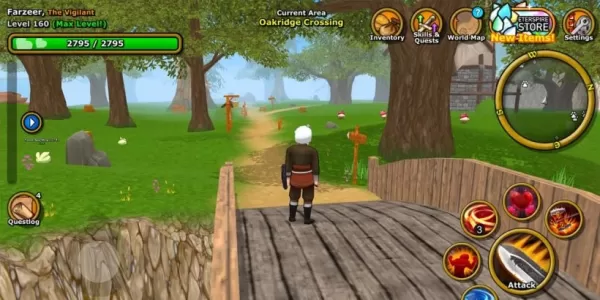



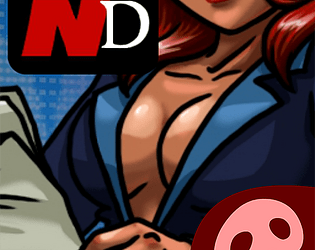

![Chubby Story [v1.4.2] (Localizations)](https://images.737c.com/uploads/85/1719638042667f981a5e9f8.jpg)

